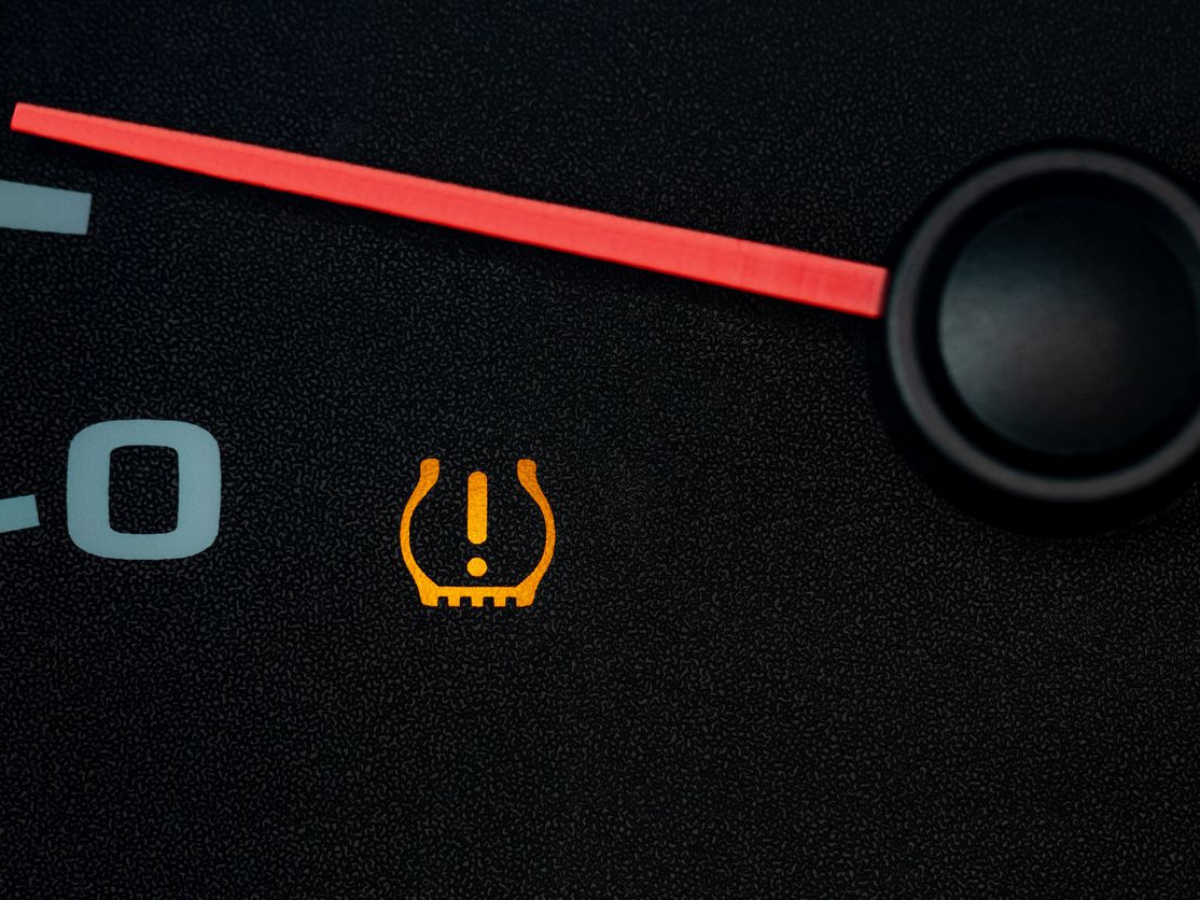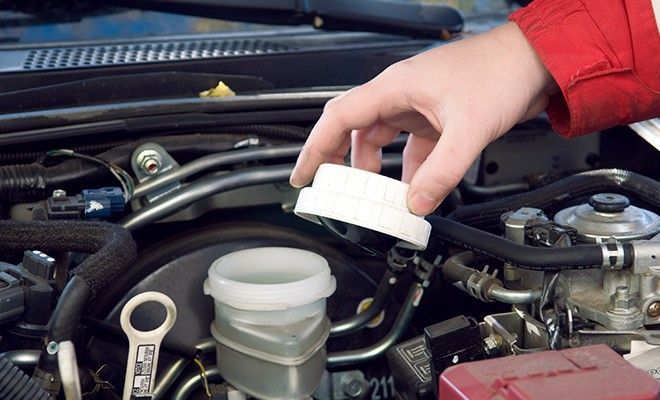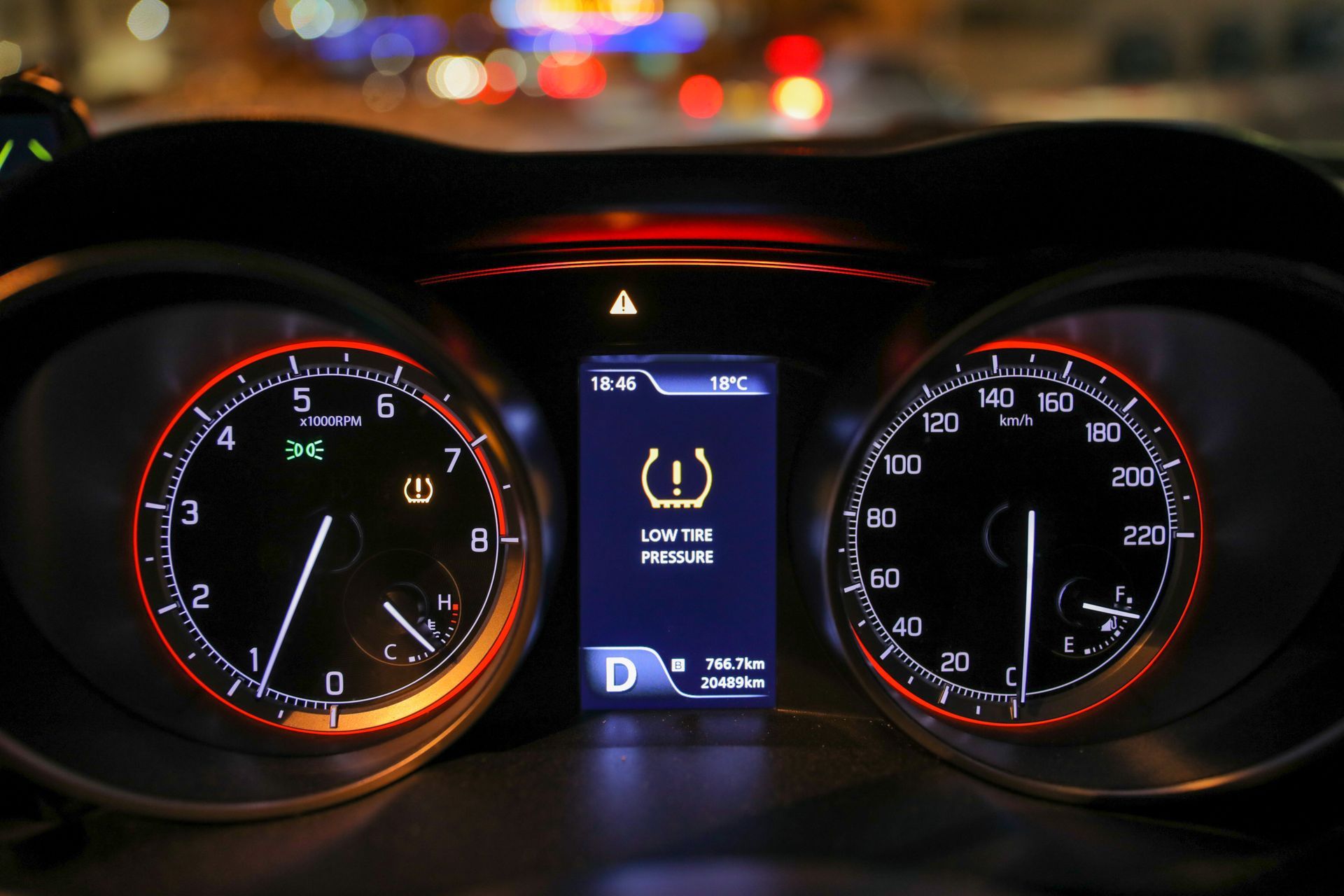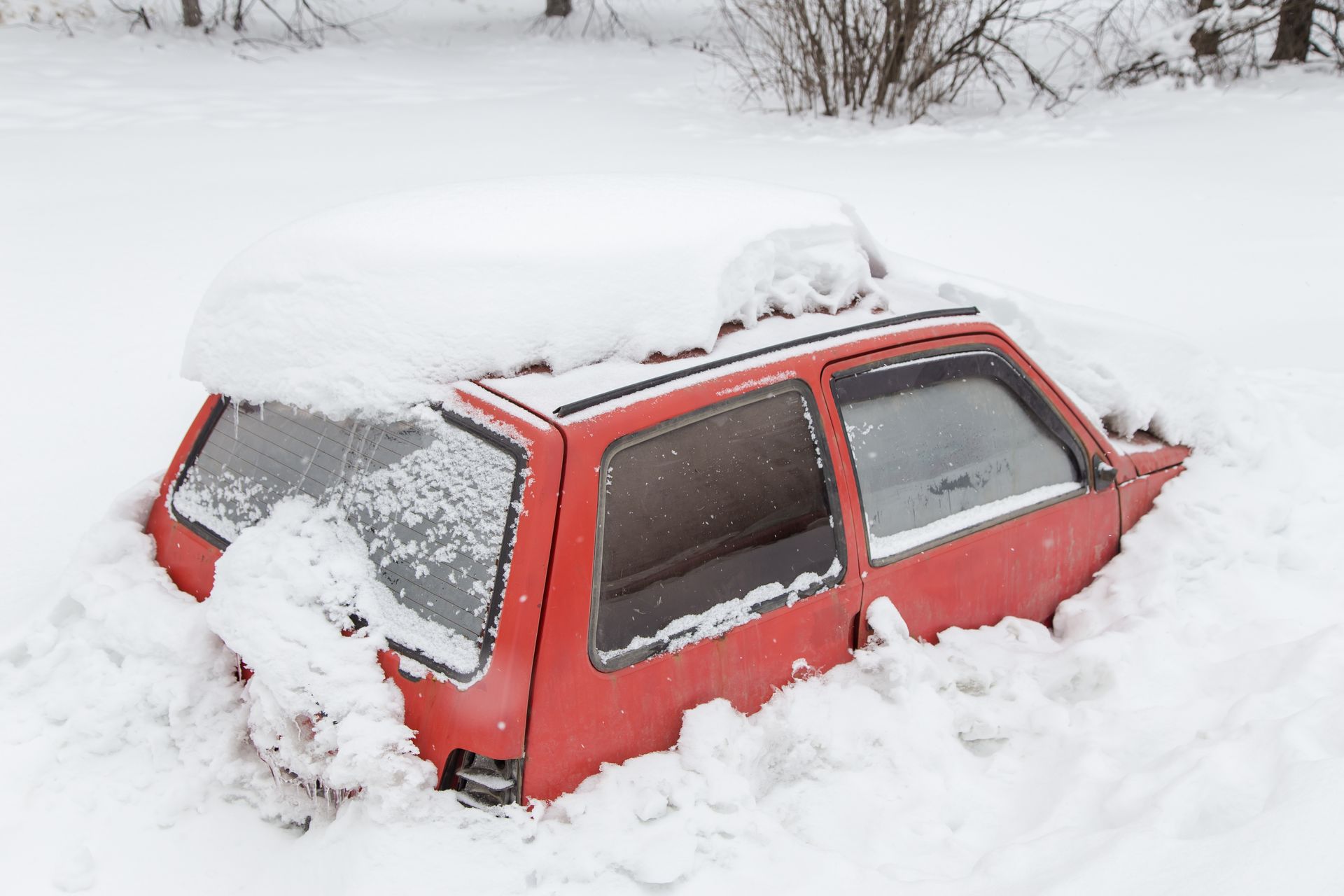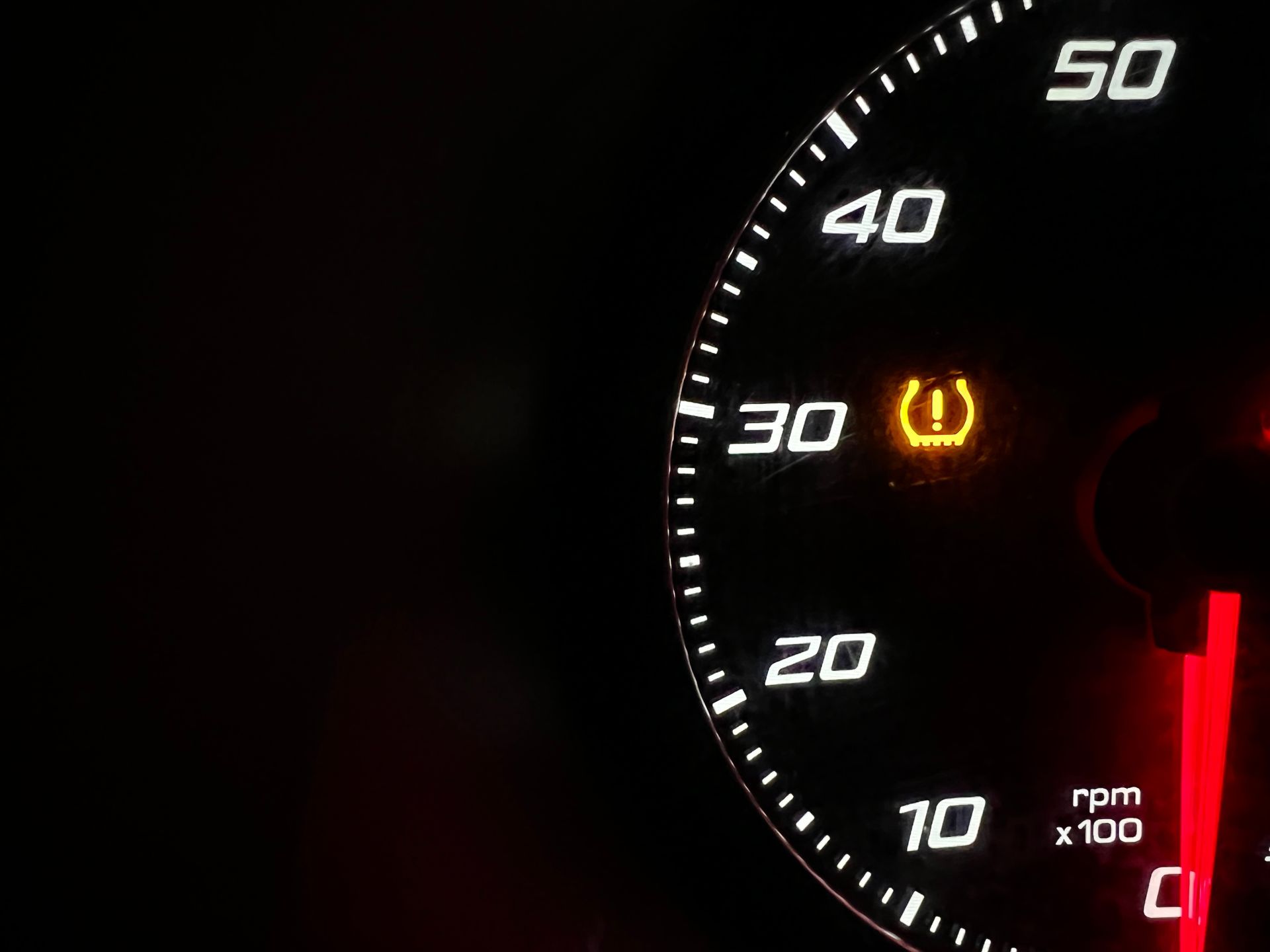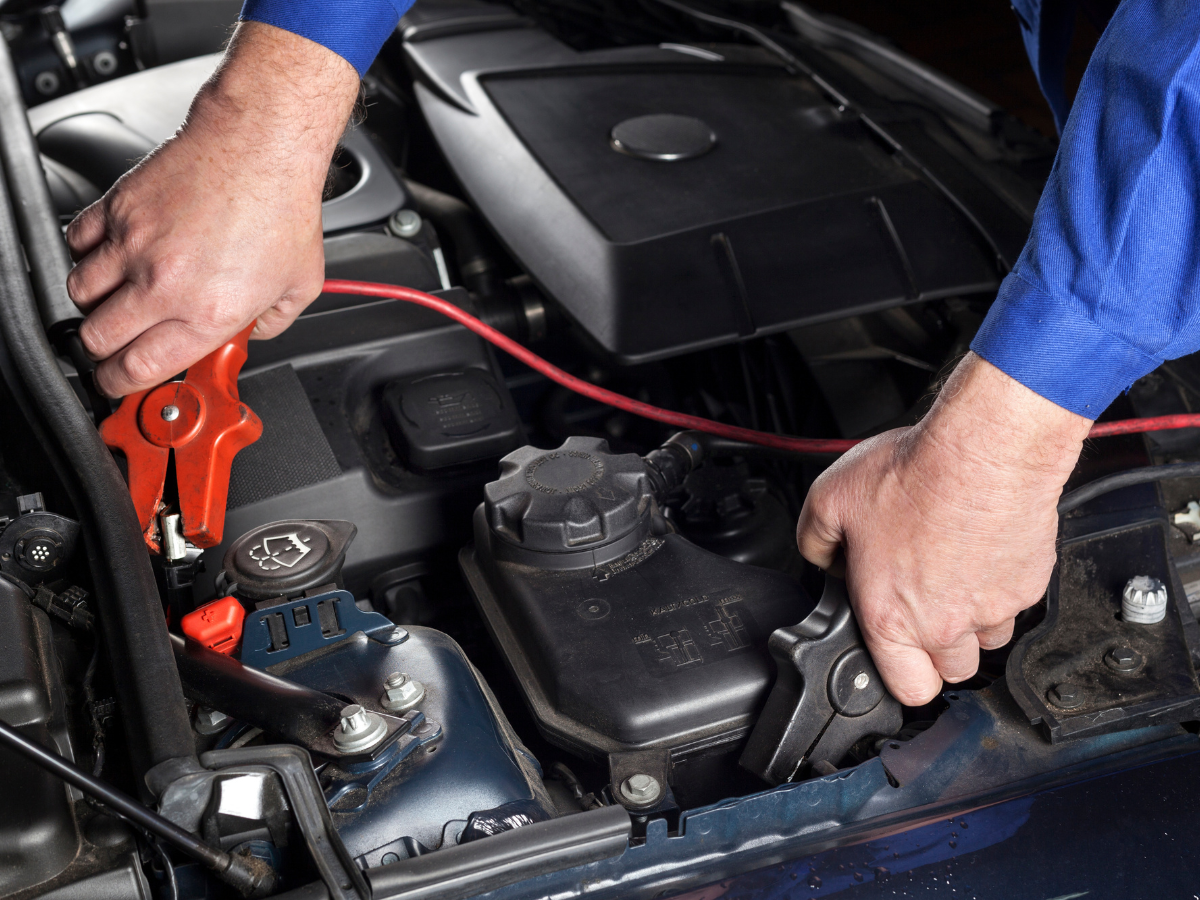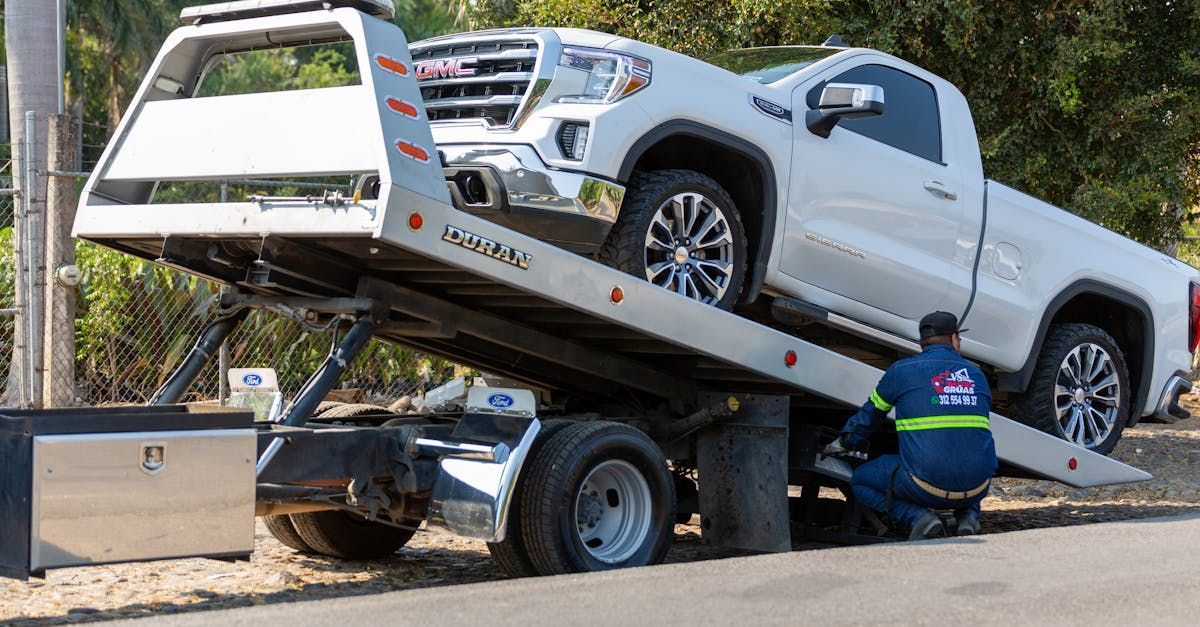How Spring Weather Affects Your Car: When to Call for a Tow
Spring is a time of renewal, but it can also present challenges for your vehicle. As temperatures rise and winter fades away, it's crucial to understand how spring weather affects your car and what steps you can take to maintain it. In this article, we'll delve into the impacts of spring weather on your vehicle, provide a comprehensive car maintenance list, and highlight when it's necessary to call for a tow.
Photo By: Firestone
The Effects of Spring Weather on Your Car
Spring brings a mix of weather conditions, from warm sunny days to heavy rain showers. These fluctuations can take a toll on your car. Understanding these effects is the first step towards proper vehicle care.
Temperature Fluctuations
Spring temperatures can vary significantly from morning to afternoon. This can affect your tire pressure, causing it to fluctuate. Low tire pressure can lead to poor fuel efficiency and uneven tire wear. Regularly check your tire pressure during the spring months to ensure they are inflated to the recommended levels.
Increased Rainfall
Spring showers might be refreshing, but they also mean more water exposure for your car. Water can lead to rust, especially if your car has any exposed metal. Pay special attention to the undercarriage, as this area is particularly susceptible to rust. Consider using a protective undercoating to prevent damage.
Pollen and Debris
With flowers blooming, pollen levels can rise significantly in spring. Pollen, combined with debris from trees, can clog your car's air filters and affect your engine's performance. Regularly check and replace air filters to ensure your vehicle runs smoothly.
Spring Car Maintenance Checklist
Maintaining your car during spring is crucial for optimal performance. Here’s a car maintenance list to help you keep your vehicle in top shape during this season:
Check and Replace Wiper Blades
After a winter of dealing with snow and ice, your wiper blades may be worn out. Check them for signs of wear and tear, and replace them if necessary. Good wiper blades are essential for maintaining visibility during spring showers.
Inspect and Rotate Tires
Ensure your tires are in good condition by checking for uneven wear patterns. Rotating your tires can help extend their lifespan and improve your car's handling. Also, consider switching to summer tires if you used winter tires during the colder months.
Test the Battery
Cold winter temperatures can be hard on car batteries. Test your battery in the spring to ensure it holds a charge. If your battery is more than three years old, consider replacing it to avoid unexpected breakdowns.
Examine the Brake System
Inspect your brakes for any signs of wear, such as squeaking or grinding noises. Spring is a good time to replace worn brake pads and check the condition of your brake fluid.
Refill Fluids
Check all your car's fluids, including oil, coolant, brake fluid, and windshield washer fluid. Top them up or replace them as needed to ensure your car runs efficiently.
Identifying Bad Coil Spring Symptoms
Coil springs are a critical component of your car’s suspension system. They help absorb shocks and maintain a smooth ride. Here are some bad coil spring symptoms to watch out for:
Sagging on One Side
If one side of your car sits lower than the other, it could be a sign of a broken or weak coil spring. This can affect your vehicle's alignment and handling.
Noisy Ride
Listen for unusual noises when driving over bumps. A loud clunking sound may indicate a broken coil spring.
Rough Ride
If your car feels unusually bumpy or unstable, it might be due to a damaged coil spring. This can compromise your vehicle's safety and should be addressed immediately.
Photo By: Wagner
When to Call for a Tow
Despite your best efforts, there may be times when your car requires professional help. Knowing when to call for a tow can prevent further damage and ensure your safety.
Overheating
If your car overheats, especially during a traffic jam or in hot weather, pull over immediately and call for a tow. Continuing to drive can cause severe engine damage.
Severe Engine Problems
Any severe engine issues, such as knocking noises or excessive smoke, warrant a call for a tow. Driving with a compromised engine can lead to more costly repairs.
Flat Tire Without a Spare
If you experience a flat tire and don’t have a spare or necessary tools, it’s best to call for a tow rather than attempting a risky drive.
Brake Failure
If your brakes fail or feel unresponsive, do not attempt to drive. Call for a tow to get your car safely to a repair shop.
Conclusion
At
Murray's Towing, we understand that spring weather presents unique challenges for your vehicle. With the right maintenance and a proactive approach, you can keep your car running smoothly throughout the season. Regularly checking your vehicle, addressing issues promptly, and knowing when to call for a tow can save you time and money. If you encounter any vehicle troubles, whether it's overheating, brake failure, or a flat tire, don’t hesitate to reach out to us for professional towing services. Our team is here to ensure your safety on the road. Take control of your spring car maintenance today and keep your vehicle ready for the warmer months ahead!
Contact Murray's Towing now for all your towing needs and to learn more about our services.
